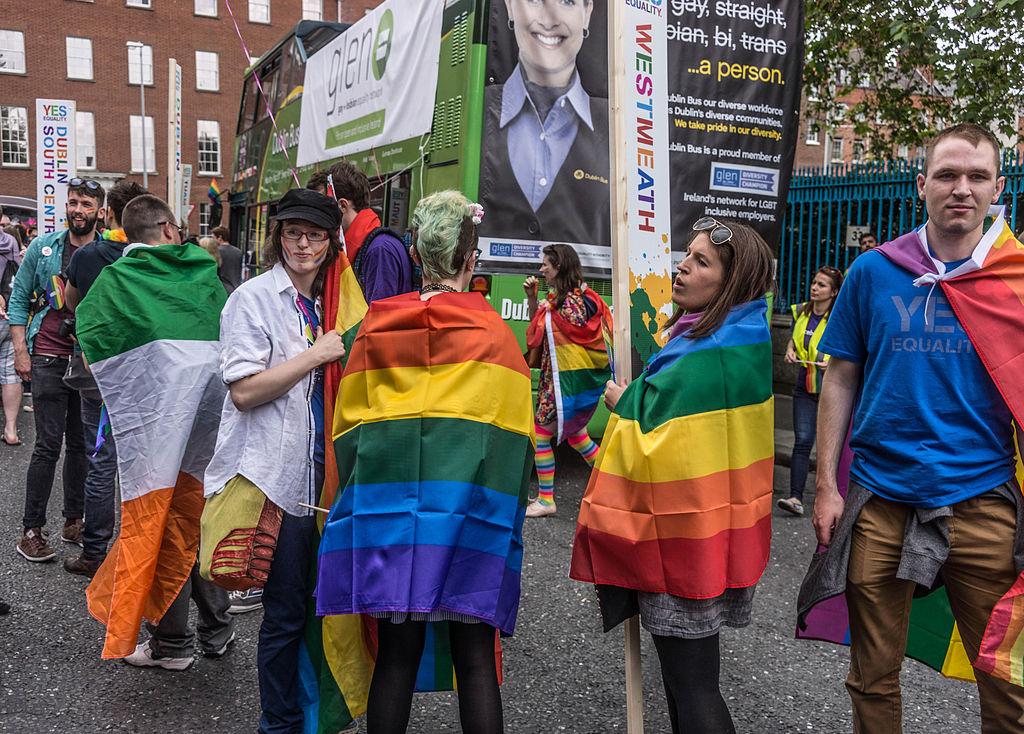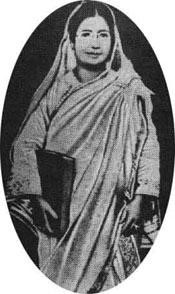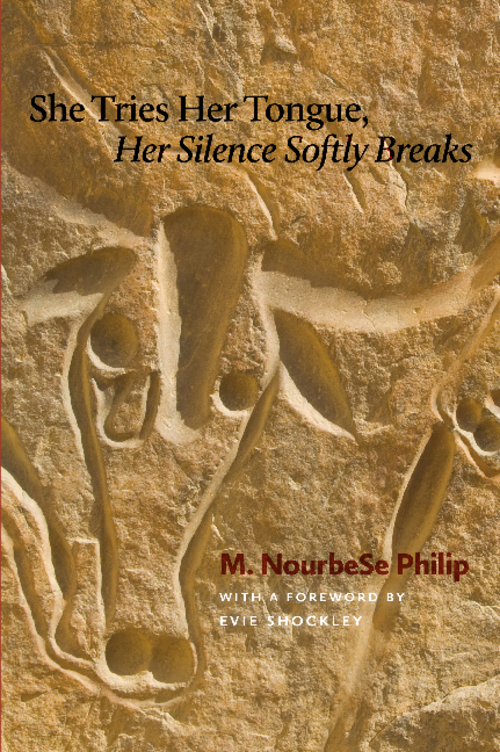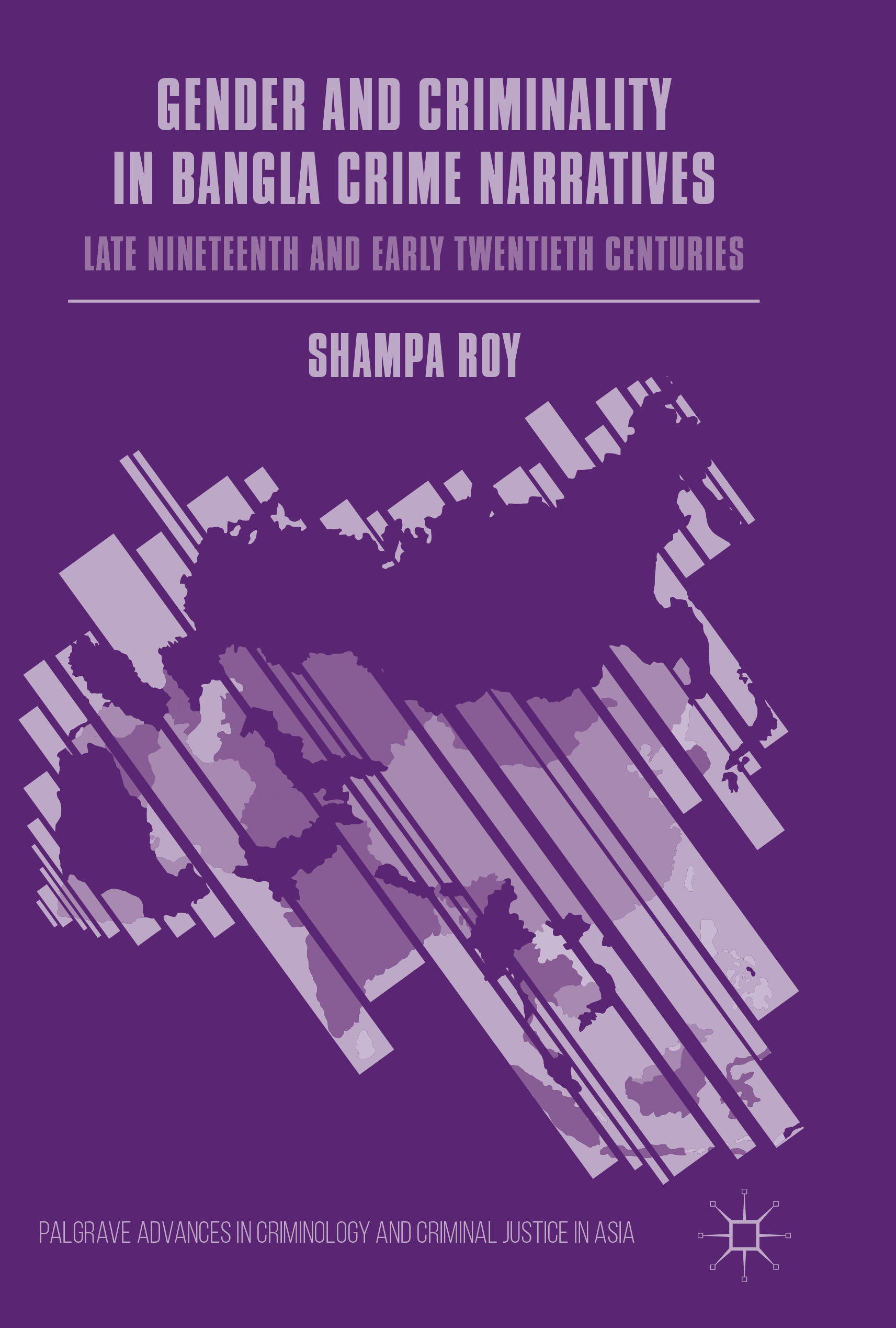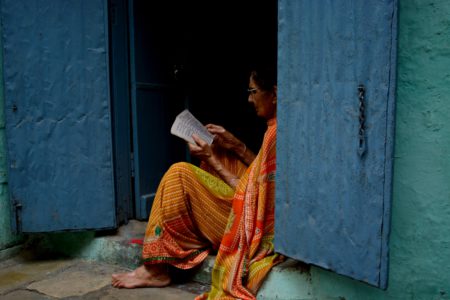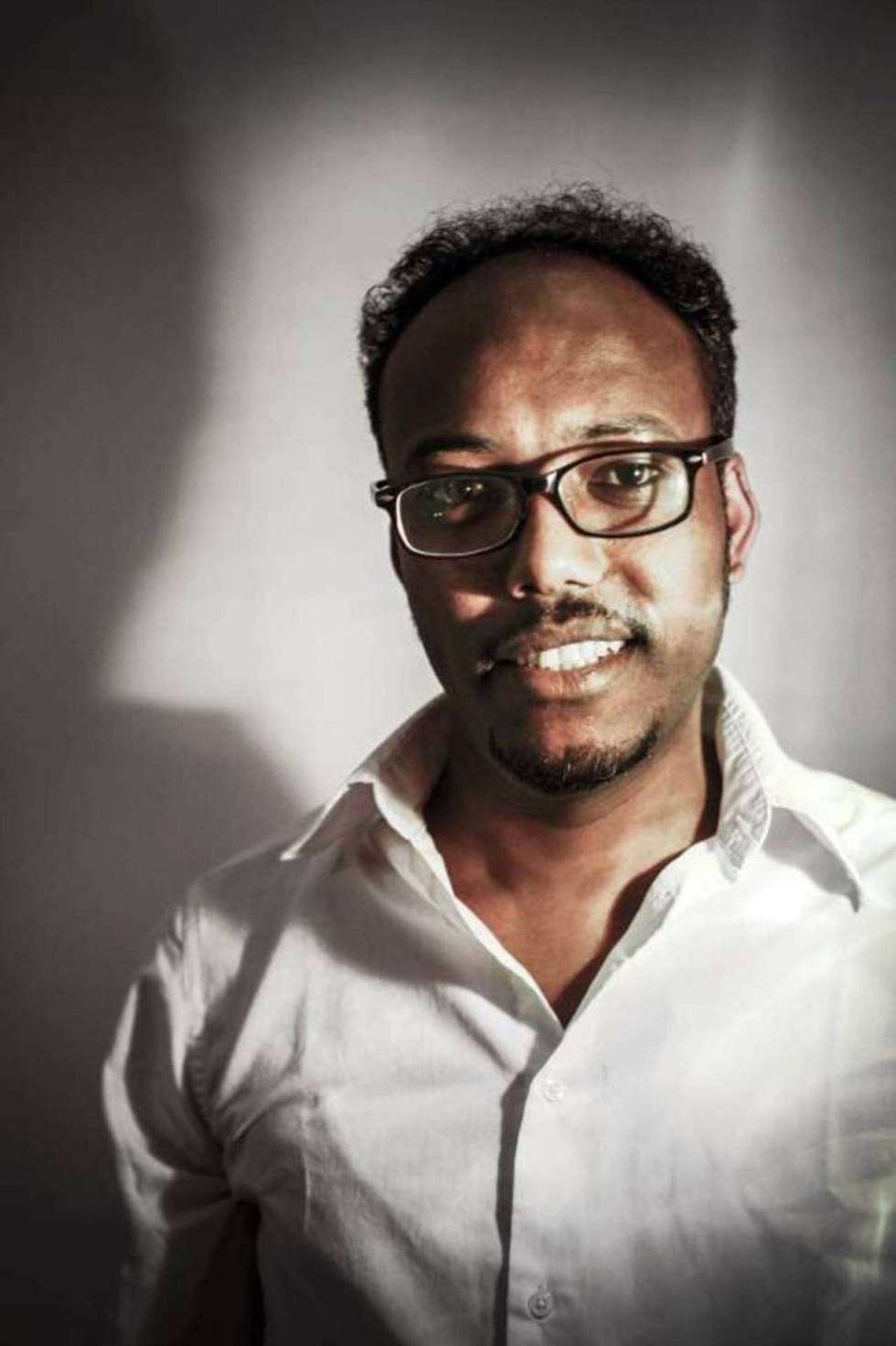Gender and Queer Studies
Gender and sexuality issues have been addressed by literary authors from the dawn of time. Conceptions of femininity, masculinity as well as non-binary identities, the relations among the genders, desire, sexual practices and their politics are recurrent themes in the multilingual literatures of our MULOSIGE regions. Yet world literature has not fully explored the gendered nature of canon formation, literary historiographies, and translation practices. More critically, the normative idea that feminism and ‘queer liberation’ emerge in the Global North and travel to and influence the Global South still retain validity.
On the contrary, the multilingual texts of our regions display different forms embodied practices, sexual ambiguities, feminist consciousness, and sexual epistemologies. Especially the texts pertaining to didactic or militant literature also convey anti-feminist stances, often via use of the trope of reversal, thus presenting male disenfranchisement leading to social dissent and gender and sexuality-related transformations as historical ruptures. The multilingual literatures from the Horn of Africa, North Africa and North India also challenge the narrative of ‘homosexual identity’ under capitalism represented by the rubric of ‘global queering.’ From a literary historical perspective, these literatures allow us to construct alternatives to the western-centric historical genealogy of the global trajectories of queerness.
“Ach Ba Gá Dom Labhairt Leat:” An Foclóir Aiteach and the Presence of Queer Culture as Gaeilge.
Jenny Moran introduces An Foclóir Aiteach, a dictionary that writes queer terminology into the Irish language.
Sultana’s Dream: An alternative view of colonial Bengal.
Sinjini Chatterjee discusses the portrayal of a female utopia in Rokeya Hossain's Engish language short story, "Sultana's Dream".
NourbeSe Philip and destroying the English language
Can the act of recycling the English language liberate those who have been snubbed by the hegemonic power? Is it a way of turning the master’s tools [...] against itself to be used as a device that dismantles the master’s unhinged, socially stratified house?
Gender and Criminality in Bangla Crime Narratives: Late Nineteenth and early Twentieth Centuries
Gender and Criminality in Bangla Crime Narratives: Late Nineteenth and early Twentieth Centuries examines Bangla writings related to crime in the late 19th and early 20th century Bengal in terms of gender.
MULOSIGE Syllabus: Multilingual perspectives on gender in world literature
This course explores gender representations, themes and debates in the multilingual literatures of India, the Horn of Africa, and the Arab world. Gender, as a primary socio-cultural category is critical in shaping many aspects related to world literature and its study.
Women poets of Ancient Greece, India, and Eritrea: a comparison across time and space
Tedros Abraham takes us on a journey across time and continents, comparing the way three women poets in Ancient Greece, India and Eritrea claim immortality through their poems and rebel against social norms


